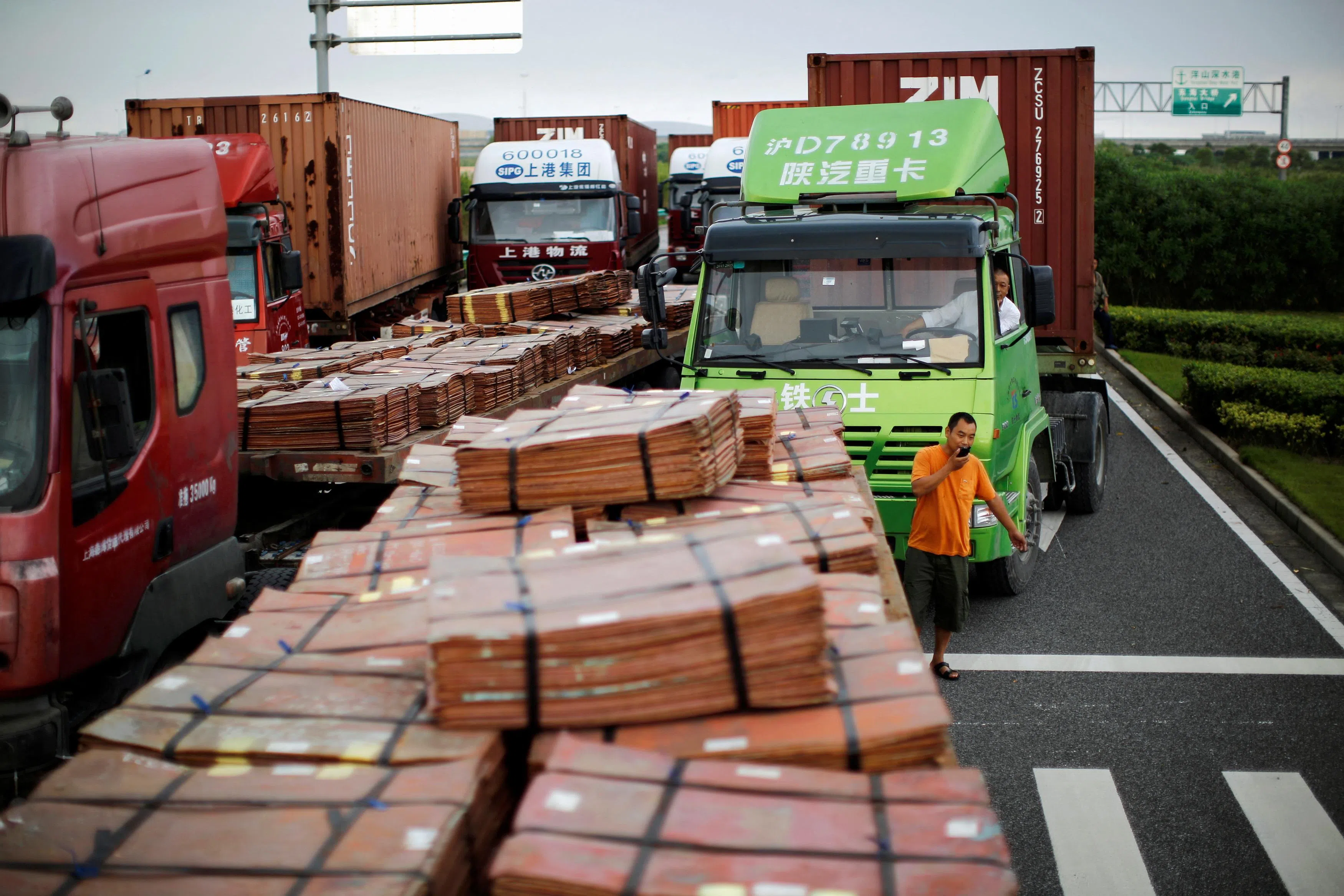Iran-Israel LIVE: “The Security Council failed in its duty to maintain peace and security.”
Iran-Israel Conflict LIVE Updates: Israel’s UN envoy on Sunday urged the Security Council to impose “all possible sanctions” against Iran after the Islamic republic’s unprecedented attack against Israel.
“Today the council must take action (and) condemn Iran for their terror,” Ambassador Gilad Erdan told the body, calling on countries to “impose all possible sanctions on Iran before it’s too late.”
Iran’s United Nations envoy told the Security Council Sunday that the Islamic republic was exercising its “inherent right to self-defense” in its unprecedented attack on Israel.
“The Security Council… failed in its duty to maintain international peace and security” after Israel’s apparent strike on an Iranian consulate in Damascus earlier this month, Amir Saeid Iravani said.
Therefore, Tehran “had no choice” but to respond, he said, adding that his country does “not seek escalation or war,” but will respond to any “threat or aggression.”
Here are the LIVE updates on Iran-Israel Conflict:
Get NDTV UpdatesTurn on notifications to receive alerts as this story develops.
Global airlines faced disruptions to flights on Monday after Iran’s missile and drone attacks on Israel further narrowed options for planes navigating between Europe and Asia.
At least a dozen airlines have had to cancel or reroute flights over the last two days, including Qantas, Germany’s Lufthansa, United Airlines and Air India.
This was the biggest single disruption to air travel since the attack on the World Trade Centre on September 11, 2001, according to Mark Zee, founder of OPSGROUP, which monitors airspace and airports.
Iran launched a barrage of more than 100 medium-range ballistic missiles, more than 30 land-attack cruise missiles and more than 150 attack drones at Israel, a senior US military official said.
US forces “successfully engaged and destroyed more than 80 one-way attack uncrewed aerial vehicles (OWA UAV) and at least six ballistic missiles intended to strike Israel from Iran and Yemen,” US Central Command said on Twitter Sunday.
President Joe Biden spent Saturday evening receiving real-time updates in the Situation Room at the White House as the attack unfolded.
After Iran Attacks Israel, World Races To Avoid Full-Scale War
The huge salvo of missiles and drones launched from the arid plains of Iran toward Israel was the kind of direct conflict between the Middle East powers that the world had long feared would mark the explosion of a full-blown regional war.
“The mask is off. Iran, the number one global sponsor of terror, has exposed its true face as the destabilizer of the region and the world,” Israel’s UN Ambassador Gilad Erdan
Iran’s UN Ambassador Amir Saeid Iravani insisted the Islamic republic was exercising its “inherent right to self-defense.”
“The Security Council… failed in its duty to maintain international peace and security,” Iravani said. Therefore, Tehran “had no choice” but to respond, he said, adding that his country does “not seek escalation or war,” but will respond to any “threat or aggression.”
“Even while under attack from Iran, we have not lost sight-not for one moment-of our critical mission in Gaza to rescue our hostages from the hands of Iran’s-proxy Hamas.”
Listen to IDF Spokesperson RAdm. Daniel Hagari’s full statement: pic.twitter.com/DfZamaBwU5
– Israel Defense Forces (@IDF) April 14, 2024
President Joe Biden said US forces helped Israel shoot down nearly all the drones and missiles fired by Iran Saturday, but appeared to guide the key US ally away from retaliating against Tehran by saying Israel had now shown its strength.
Biden added that he was convening fellow G7 leaders on Sunday to coordinate a diplomatic response against Tehran, in another sign that he is trying to avoid any further military escalation that could ignite a wider Middle East conflict.
The US president said he had called Israeli Prime Minister Benjamin Netanyahu to reaffirm Washington’s “ironclad” support for Israel, after recent tense relations over Israel’s war in Gaza.
“I told him that Israel demonstrated a remarkable capacity to defend against and defeat even unprecedented attacks — sending a clear message to its foes that they cannot effectively threaten the security of Israel,” he said.
Saudi Arabia’s Foreign Minister Prince Faisal bin Farhan bin Abdullah received a phone call from his Iranian counterpart Hossein Amirabdollahian late on Sunday, during which they discussed developments in the region after Iran launched drones and missiles on Israel, Saudi state news agency reported.
“During the call, repercussions from developments in the situation in the region and the increasing escalation against the backdrop of the crisis in Gaza Strip were discussed,” a statement from Saudi’s foreign ministry said.
Qatar’s foreign minister also held a call with Amirabdollahian on Sunday, expressing deep concern over developments in the region and reiterating their commitment to support efforts at achieving stability on all levels, Qatari state media reported.
United Nations Secretary-General Antonio Guterres on Sunday issued a reminder that acts of reprisal involving the use of force are barred under international law after Iran’s attack on Israel, while the U.S. warned the Security Council it would work to hold Tehran accountable at the U.N.
Guterres, speaking to a meeting of the U.N. Security Council, told member states that the U.N. charter bars the use of force against the territorial integrity or political independence of any state as he condemned Iran’s attack on Israel and warned against further escalation.
Iran launched a swarm of explosive drones and fired missiles on Saturday in its first-ever direct attack on Israeli territory, risking a major escalation.
Israel’s Minister of Defence Yoav Gallant held a call with his American counterpart, US Secretary of Defense Lloyd Austin on Sunday.
Minister Gallant’s office said he briefed the Secretary on the preliminary conclusions of the Israel Defense Forces’ defensive operations in cooperation with the United States and additional partners, in thwarting the missile attack conducted by Iran overnight.
This included the launch of hundreds of types of munitions by Iran, including 100 ballistic missiles – each one carrying hundreds of kilograms of explosives.






